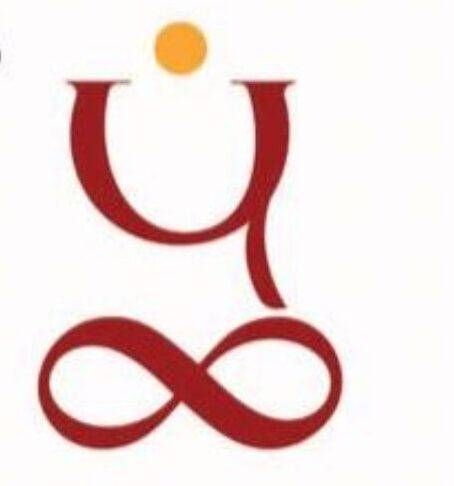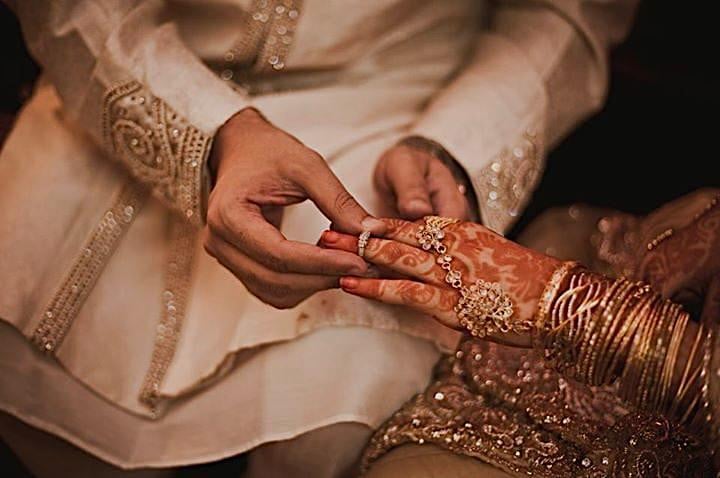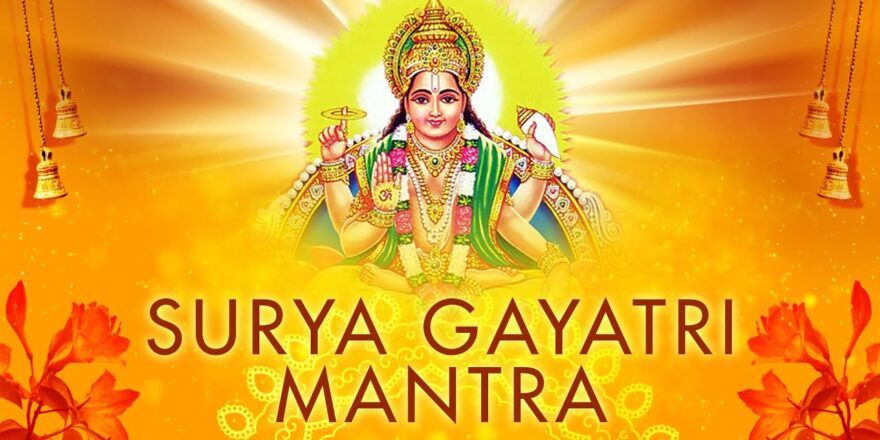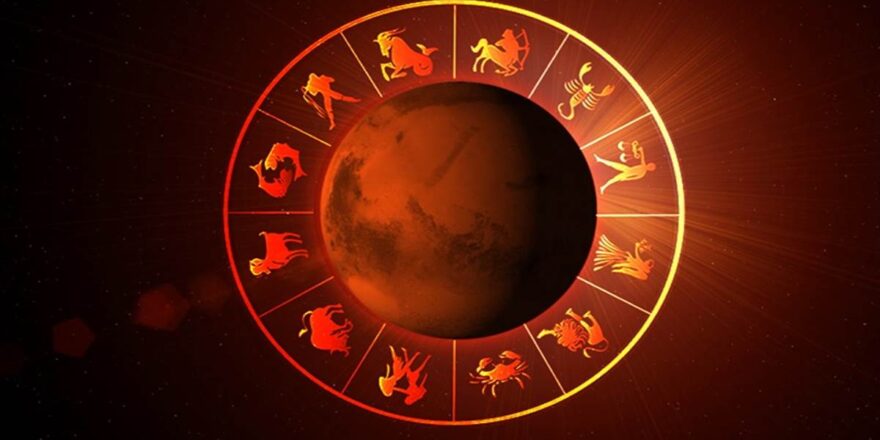Marriage is one of the most significant milestones in a person’s life. It represents a deep commitment to another individual, promising to share life’s joys and challenges. While the concept of marriage has evolved, the question of the ideal age for marriage remains a topic of considerable debate. Various factors, including cultural norms, personal experiences, and scientific research, contribute to diverse perspectives on this issue. This blog will explore different viewpoints and insights to uncover the ideal age for marriage.
Historical and Cultural Perspectives
Historically, the ideal age for marriage has varied greatly across different cultures and eras. In many traditional societies, marriage often occurs at a younger age. For example, in medieval Europe, girls as young as 12 and boys as young as 14 could marry. This was largely due to shorter life expectancies and the social and economic structures that prioritized early family formation.
In contrast, contemporary Western societies have seen a significant shift towards later marriages. This change is influenced by various factors, including longer life expectancies, extended periods of education, and greater emphasis on individual career development. According to the U.S. Census Bureau, the median age at first marriage in the United States has risen to 30 for men and 28 for women as of 2022, a marked increase from the mid-20th century, when it was around 23 for men and 20 for women. This shift prompts many to reconsider the ideal age for marriage.
Psychological and Emotional Maturity
One of the primary arguments for delaying marriage is the importance of psychological and emotional maturity. Research suggests that the human brain continues to develop well into the mid-20s, particularly in decision-making and impulse control areas. Marrying later allows individuals to develop a stronger sense of self, better emotional regulation, and more mature interpersonal skills, aligning with the ideal age for marriage.
Psychologist Erik Erikson’s theory of psychosocial development highlights the importance of forming a stable identity before committing to a lifelong partnership. According to Erikson, young adulthood (ages 18-40) is characterized by the conflict between intimacy and isolation. Successfully navigating this stage involves developing the ability to form intimate relationships without losing one’s sense of self. Marrying too early, before this stage is fully resolved, may lead to challenges in maintaining a healthy balance between personal identity and partnership, questioning whether it was the ideal age for marriage.
Financial Stability and Career Development
Financial stability is another critical factor influencing the ideal age for marriage. Establishing a stable career and achieving financial independence can reduce the stressors associated with marital life. Early marriages often face the added pressure of financial instability, which can strain the relationship. Delaying marriage allows individuals to complete their education, build a career, and accumulate savings, contributing to a more secure and less stressful marital foundation.
In many cases, couples who marry later are better equipped to handle financial challenges. They are more likely to have dual incomes and to have developed effective financial management skills. This financial stability can provide a solid foundation for making significant life decisions, such as buying a home or starting a family, supporting the idea of the ideal age for marriage being later rather than sooner.
Fertility Considerations
Biological factors, particularly fertility, play a crucial role in determining the ideal age for marriage, especially for couples who wish to have children. Women’s fertility begins to decline in their late 20s and drops more significantly after the age of 35. Men also experience a gradual decline in fertility, although this typically occurs later in life.
Couples who marry later may face challenges related to fertility and the increased risk of complications during pregnancy. Assisted reproductive technologies, such as IVF, can mitigate some of these challenges, but they come with their own set of financial, emotional, and physical burdens. As a result, some argue that marrying and starting a family earlier can reduce these risks and provide a longer period to raise children, influencing their perception of the ideal age for marriage.
Personal Readiness and Compatibility
Ultimately, the ideal age for marriage is highly individual and depends on personal readiness and compatibility with a partner. Personal readiness encompasses emotional maturity, financial stability, and a clear understanding of one’s values and goals. Compatibility involves finding a partner who shares similar life goals, values, and communication styles.
Individuals need to take the time to understand themselves and their needs in a relationship. Rushing into marriage without this understanding can lead to mismatched expectations and potential conflicts. Conversely, waiting until one feels truly ready and has found a compatible partner can enhance the likelihood of a successful and fulfilling marriage, making it the ideal age for marriage.
Societal and Peer Pressures
Societal and peer pressures can also influence decisions about when to marry. In some cultures, there is significant pressure to marry by a certain age, and individuals who remain single past this age may face social stigma. These pressures can lead people to marry before they are truly ready or before they have found a suitable partner.
Conversely, in cultures where later marriages are becoming the norm, individuals may feel pressured to delay marriage in favor of pursuing education and career goals, even if they feel personally ready for marriage at a younger age. Individuals must recognize and critically assess these external pressures, making decisions that align with their values and circumstances rather than societal expectations, helping them find their ideal age for marriage.
Top 10 Benefits of Kundli Matching for a Happy Marriage
Conclusion
There is no universally ideal age for marriage. The decision to marry should be based on a combination of personal, emotional, financial, and biological factors. Historical and cultural contexts provide insight into how societal norms have evolved, while psychological and emotional maturity underscore the importance of personal development. Financial stability offers a pragmatic perspective, and fertility considerations highlight biological realities.
Ultimately, the best age to marry is a deeply personal decision that varies from individual to individual. It requires a balance of introspection, open communication with one’s partner, and a realistic assessment of one’s circumstances. By considering all these factors, individuals can make informed and thoughtful decisions about when to embark on the lifelong journey of marriage, finding their own ideal age for marriage.





